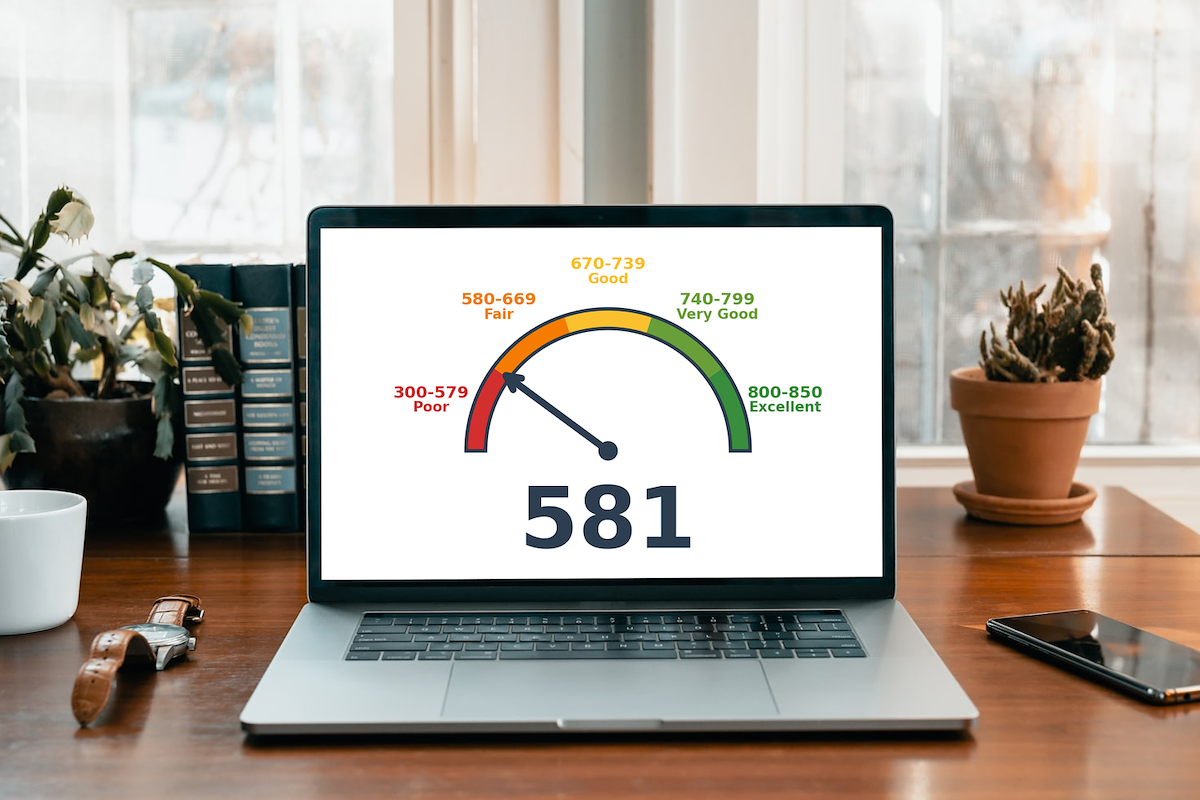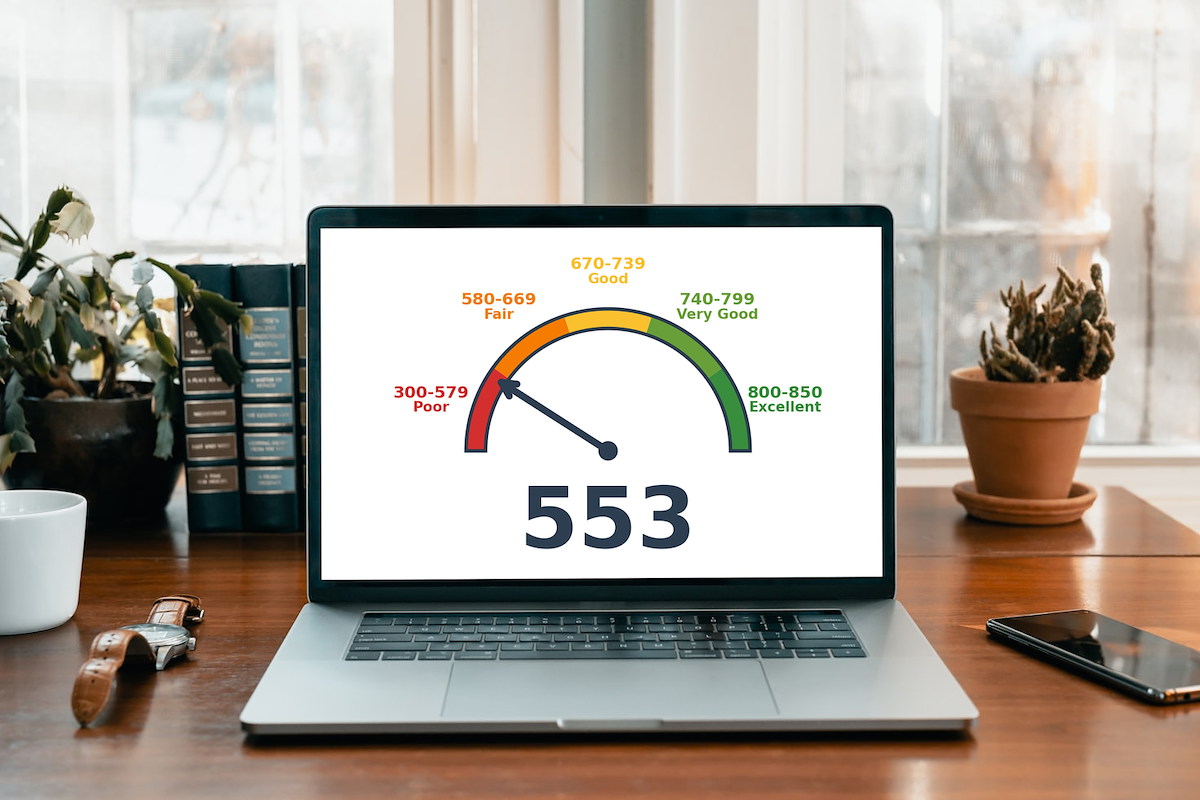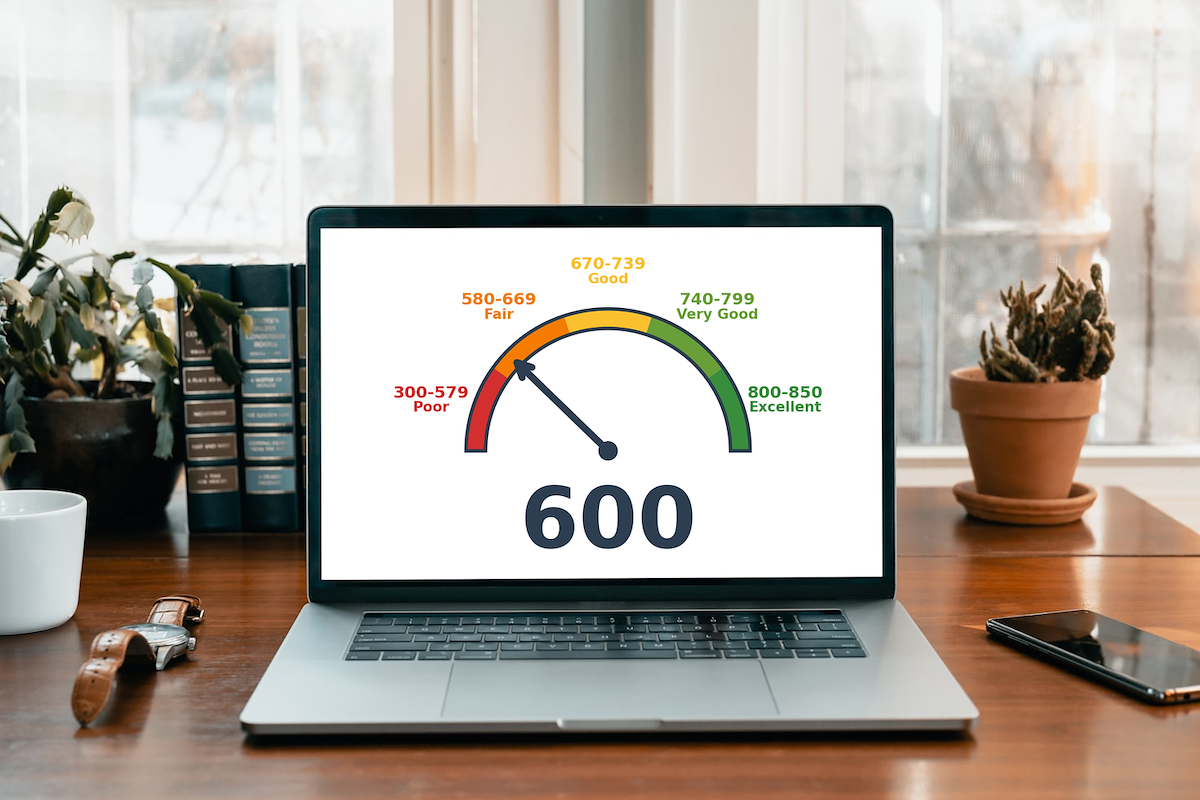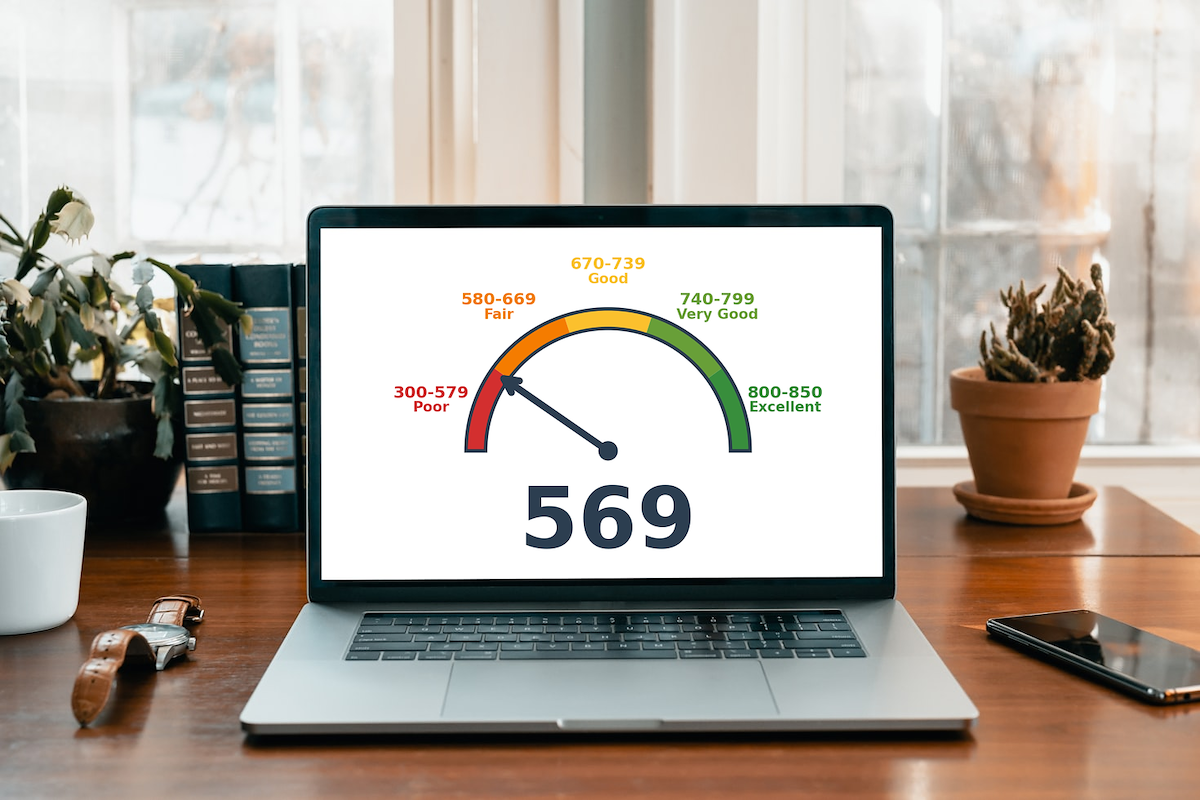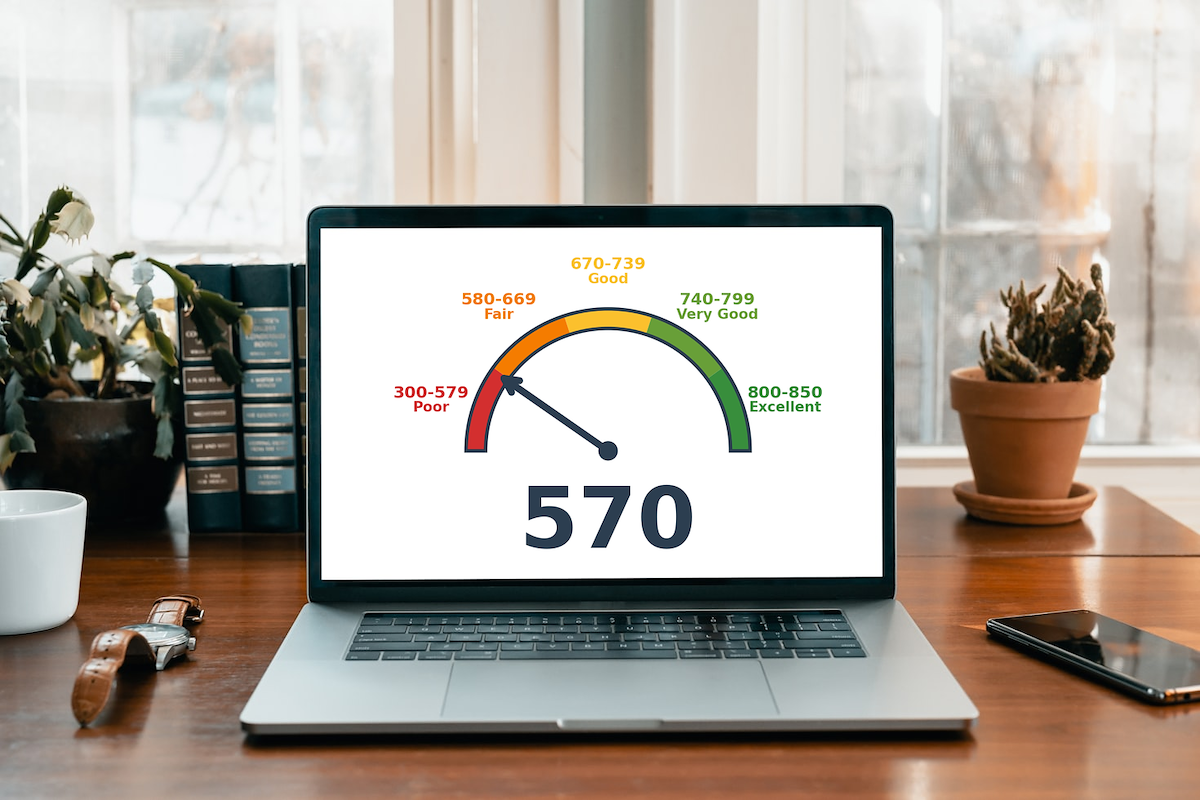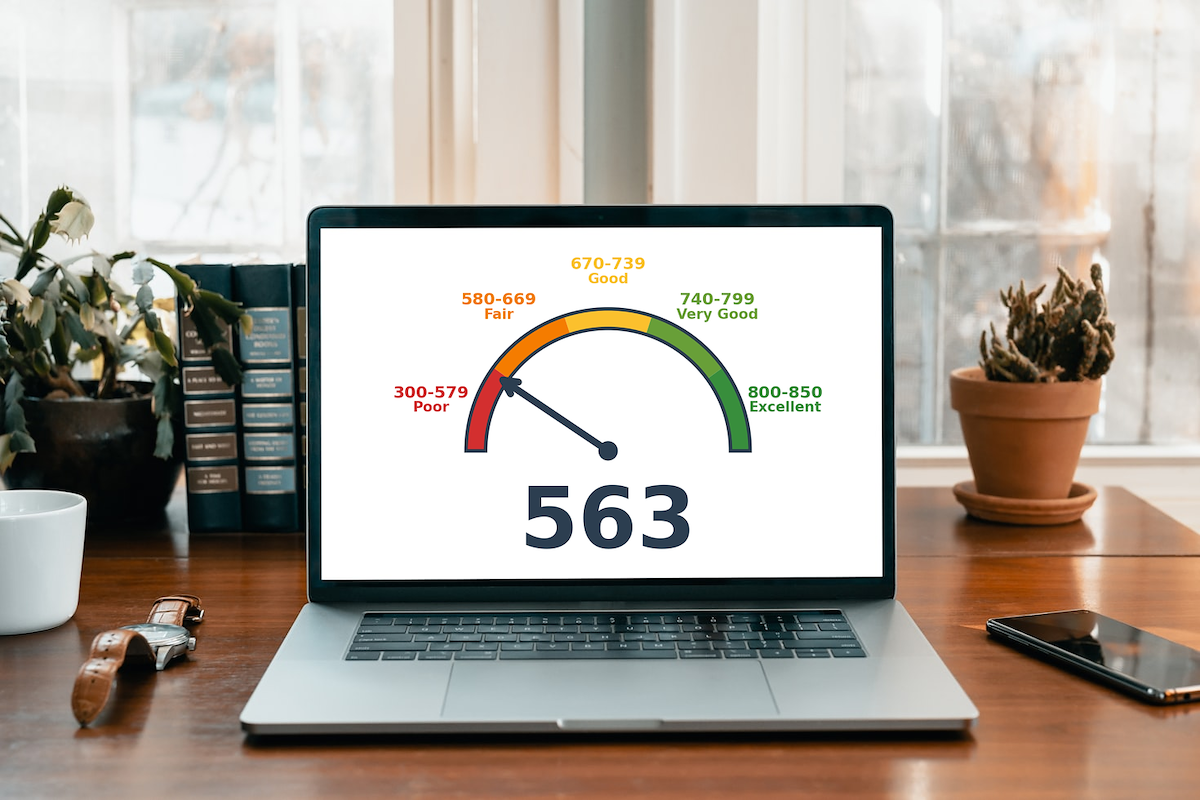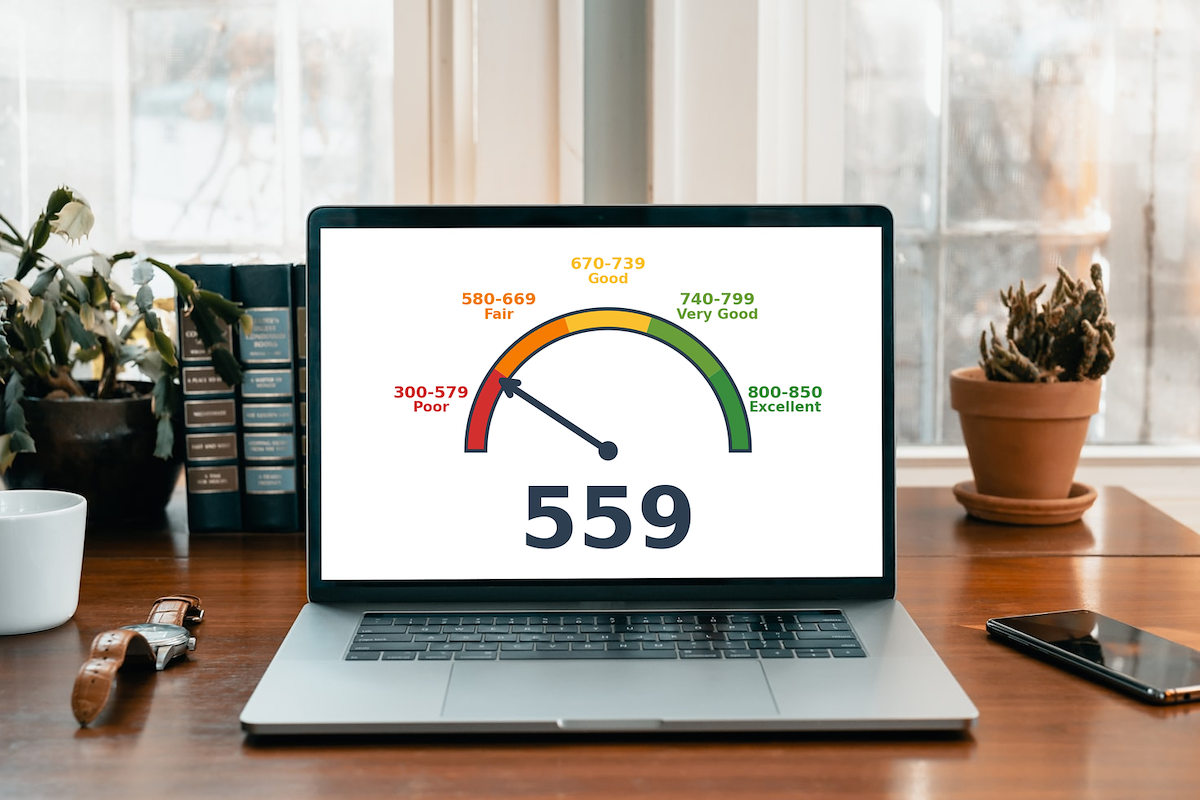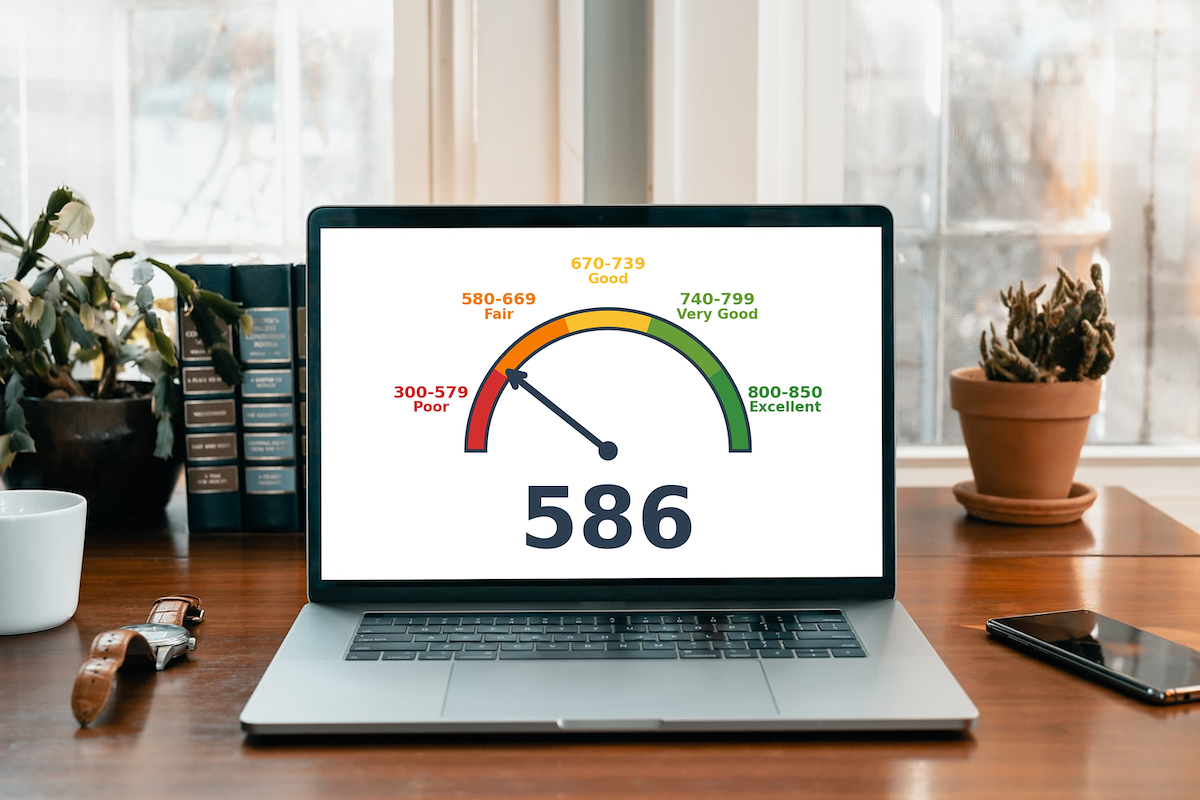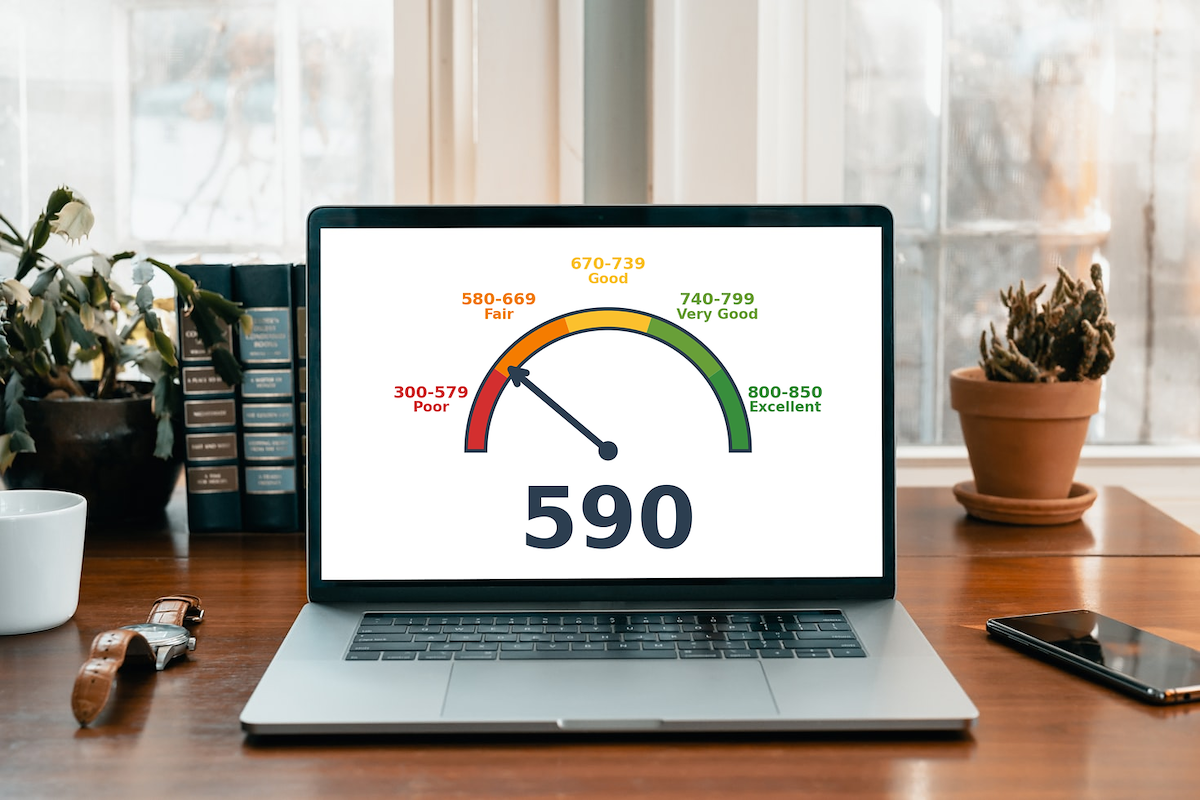
Kudos has partnered with CardRatings and Red Ventures for our coverage of credit card products. Kudos, CardRatings, and Red Ventures may receive a commission from card issuers. Kudos may receive commission from card issuers. Some of the card offers that appear on Kudos are from advertisers and may impact how and where card products appear on the site. Kudos tries to include as many card companies and offers as we are aware of, including offers from issuers that don't pay us, but we may not cover all card companies or all available card offers. You don't have to use our links, but we're grateful when you do!
593 Credit score: What You Need to Know in 2025
July 1, 2025

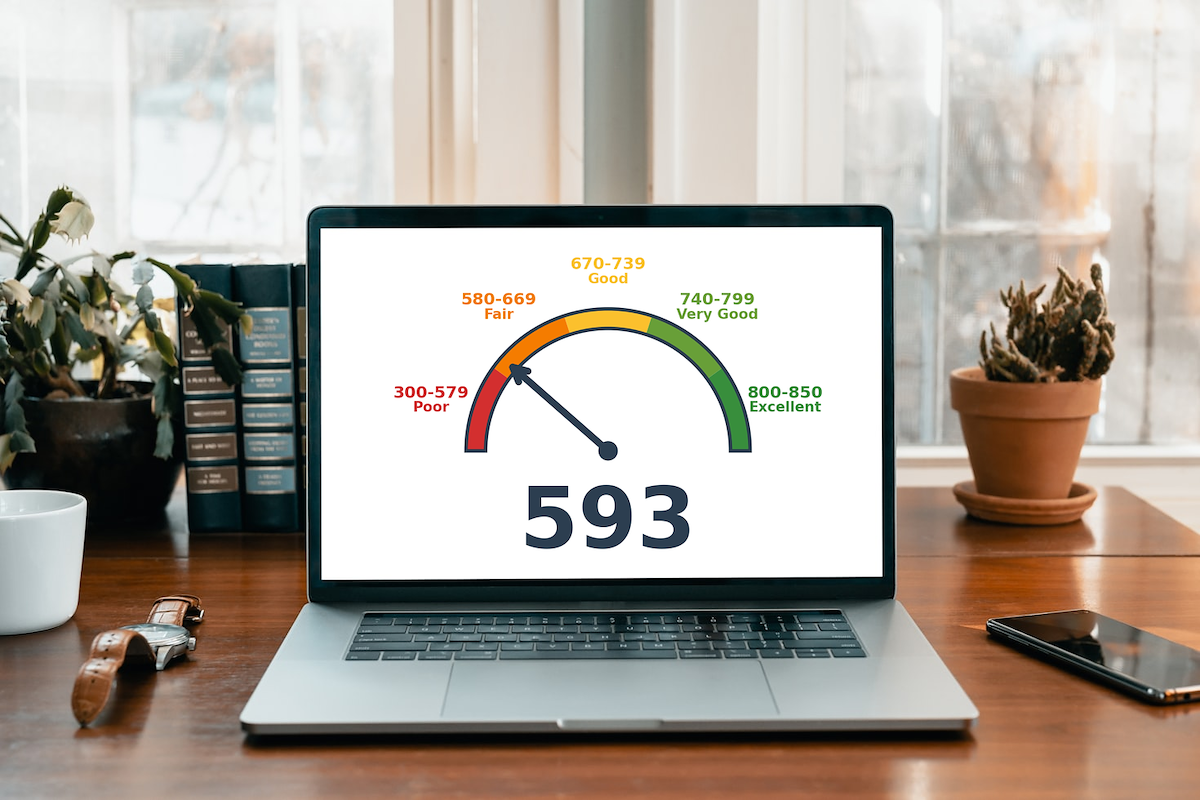
TL;DR
While a 593 credit score presents some challenges, it's a foundation you can definitely build upon. Lenders typically classify this score within the 'Fair' credit category, placing you on the cusp of qualifying for more competitive financial products.
What Does a 593 Credit Score Mean?
A FICO score of 593 falls into the 'fair' credit range, which typically spans from 580 to 669. Lenders often view this as a subprime score, meaning they see a higher-than-average risk. As a result, you may face challenges when applying for new credit, such as higher interest rates on car loans and credit cards, or even outright denials. The terms you're offered will likely reflect the lender's perception of that increased risk.
However, a 593 score is not a permanent financial sentence but rather a starting point for improvement. Think of it as a foundation from which you can build a stronger credit history. While it presents some immediate hurdles, this score is something you can absolutely move upward from. With time and positive financial habits, you can work toward a higher score, unlocking more favorable lending opportunities and better terms in the future.
Who Has a 593 Credit Score?
While age isn't a direct factor in credit scoring, there's a clear pattern of scores improving over time. According to Experian data from 2023, here is the breakdown of average FICO scores by generation:
- Generation Z (ages 18-26): 680 (Good)
- Millennials (ages 27-42): 690 (Good)
- Generation X (ages 43-58): 709 (Good)
- Baby Boomers (ages 59-77): 745 (Good)
- Silent Generation (ages 78+): 760 (Very Good)
Credit Cards With a 593 Credit Score
A credit score of 593 places you in the "fair" credit category, which can present some hurdles when applying for a new credit card. Lenders generally view scores in this range as indicating a higher risk, potentially leading to denied applications for many conventional cards. While you may still find options available, they will likely come with less attractive terms, such as higher interest rates and lower credit limits, compared to those offered to applicants with good or excellent credit.
Kudos can help you find the right credit card for your financial situation with its AI-powered tools, which provide personalized recommendations from a database of nearly 3,000 cards. Whether through its Explore Tool that matches based on your preferences or the Dream Wallet that analyzes your spending, the platform helps you compare options and understand how they fit your needs.
Auto Loans and a 593 Credit Score
A 593 credit score places you in the subprime bracket, which signals to lenders that you are a higher-risk borrower. Consequently, while you may still get approved for an auto loan, you can expect to face significantly higher interest rates than applicants with stronger credit, according to a 2025 rate analysis.
- Super-prime (781-850): 5.25% for new cars and 7.13% for used cars
- Prime (661-780): 6.87% for new cars and 9.36% for used cars
- Non-prime (601-660): 9.83% for new cars and 13.92% for used cars
- Subprime (501-600): 13.18% for new cars and 18.86% for used cars
- Deep subprime (300-500): 15.77% for new cars and 21.55% for used cars
Mortgages at a 593 Credit Score
A 593 credit score places you below the threshold for most conventional loans, which typically require a score of 620. However, you are in a strong position to qualify for an FHA loan. FHA guidelines permit scores of 580 and above with a minimum 3.5% down payment. While VA or USDA loans might be an option, lenders for those programs often look for higher scores.
Your credit score will directly impact your loan's terms. You can expect higher interest rates and more expensive mortgage insurance premiums, increasing your total borrowing cost over the life of the loan. Lenders will also likely subject your application to stricter scrutiny, requiring more documentation to offset the perceived risk associated with a lower score.
What's in a Credit Score?
Figuring out what goes into your credit score can feel like trying to solve a complex puzzle, but it generally boils down to a handful of key financial habits. Here are the most common factors that determine your score:
- Your history of making payments on time is the most significant factor.
- The amount of your available credit that you're currently using, known as your credit utilization ratio, plays a major role.
- How long you've had your credit accounts open contributes to the length of your credit history.
- Lenders like to see that you can responsibly manage a variety of credit types, such as credit cards and loans.
- Opening several new credit accounts in a short period can be seen as a risk and may temporarily lower your score.
How to Improve Your 593 Credit Score
Your credit score plays a crucial role in your financial life, but the good news is that it's always possible to improve it. There are proven methods to boost your creditworthiness, and most people see meaningful changes within three to six months of consistent, positive behavior.
- Monitor your credit reports regularly. This allows you to spot and dispute inaccuracies or signs of identity theft that could be unfairly lowering your score. Correcting these errors can provide an immediate lift and ensures your report accurately reflects your financial habits.
- Establish automatic bill payments. Payment history is the most significant factor in your credit score, so ensuring on-time payments is critical for improvement. Automating payments prevents missed due dates, which is a common issue for those with poor credit, and builds a track record of reliability.
- Reduce your credit utilization ratio. High credit utilization can severely damage your score, so you should aim to use less than 30% of your available credit. Paying down balances is a direct way to address this, and lowering your utilization can result in a quick and significant score increase.
- Become an authorized user. Being added to the credit card of someone with a strong payment history and low utilization can add their positive history to your file. This is a highly effective strategy for someone with a 593 score to build credit without opening a new account.
Using a free AI-powered tool like the Kudos browser extension can also help you maximize rewards and make smarter choices as you work to improve your credit.

Supercharge Your Credit Cards
Experience smarter spending with Kudos and unlock more from your credit cards. Earn $20.00 when you sign up for Kudos with "GET20" and make an eligible Kudos Boost purchase.
Editorial Disclosure: Opinions expressed here are those of Kudos alone, not those of any bank, credit card issuer, hotel, airline, or other entity. This content has not been reviewed, approved or otherwise endorsed by any of the entities included within the post.


















